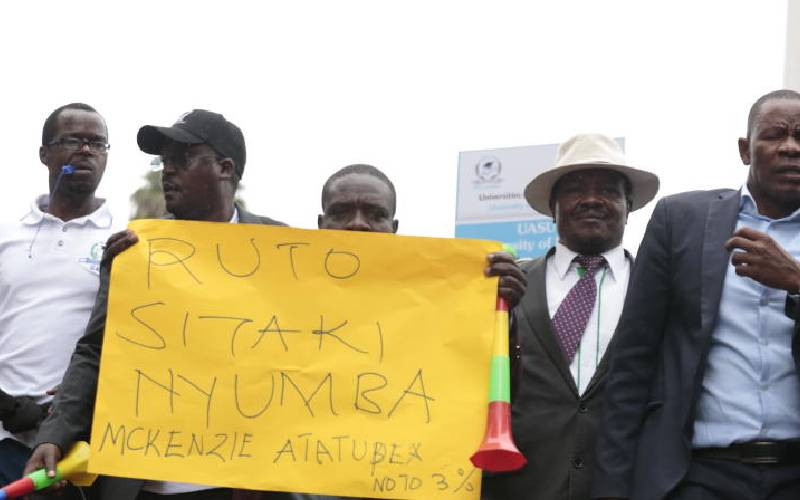
There is a great danger in continuing with the narrative of the haves and have-nots as not only stated in the debatable Finance Bill but also as elaborated by its proponents. Basically, the argument in baby language is this: 'See that chap there, has monies that you, the poor, could actually benefit from. That chap has no right to have all that money."
The subtext in the argument follows then that it is alright to tax the haves in order to uplift the poor. Put differently, tax the fortunate to support the unfortunate. Sounds morally right, doesn't it? This is a whole PhD thesis so let me abstract the risks we face as a country if we do not repurpose the tax discourse.